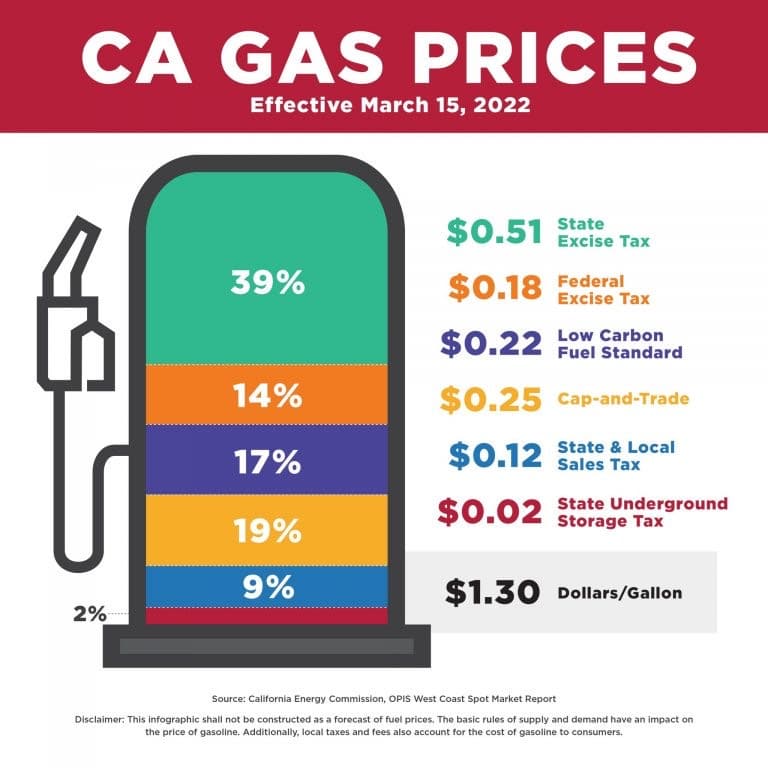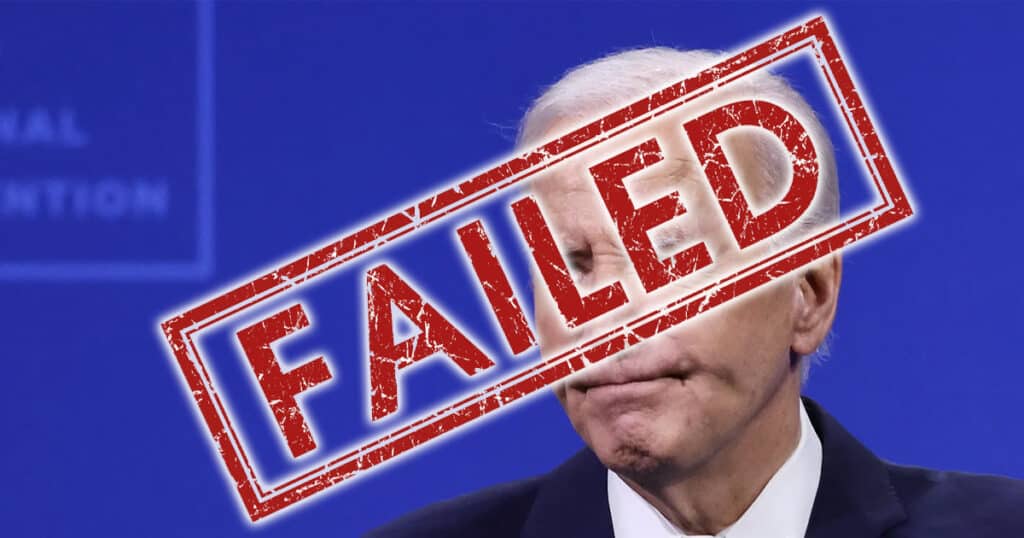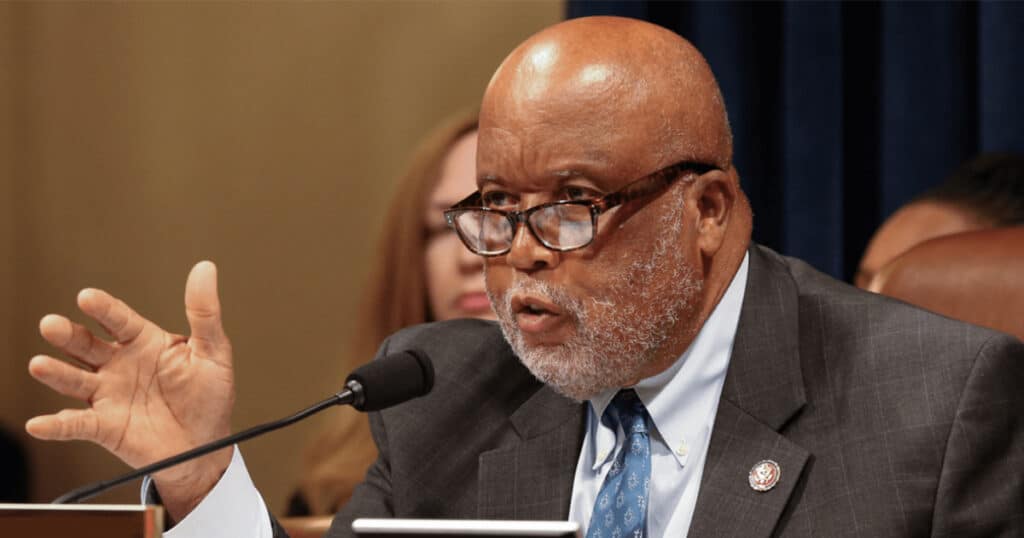
Cal’s Gov. Newsom Wants Added Tax On Oil Producers For Gas Price Spike
When is a gas tax not a gas tax in California? When it’s a corporate tax designed to punish oil producers accused by Democrats of overpricing gas, simply out of greed. The righteous indignation makes all the difference.
California’s Democrat Gov. Gavin Newsom posted a video on Twitter last week, expressing what he said was his dismay over the soaring gas prices in his state, where consumers were paying a about $2.50 more per gallon at the pump than the national average.
According to data from CalMatters, the average gas price in California was $6.30 per gallon as of Oct. 10, while the national average was $3.19.

“The fact is, they’re ripping you off. Their record profits are coming at your expense,” the governor said in his Twitter post. “We’re not going to stand by while greedy oil companies fleece Californians.”
Newsom issued a call for new legislation, asking lawmakers for a windfall tax that would cap the profits of oil companies, impose taxes at a higher rate on any earnings above that ceiling and return the any collected penalties to taxpayers through rebates.
“We’ll look at every option to end the oil industry profiteering off the backs of hard working Californians,” Democratic State Senate President Pro Tem Toni Atkins of San Diego and Assembly Speaker Anthony Rendon of Lakewood said in a joint statement.
Assembly Republican Leader James Gallagher of Yuba City issued a statement, complaining that “The Governor just doesn’t get it…The problem in California is policy. We need major action on these prices, starting with suspending the gas tax and additional fees that make our gas so much more expensive here.”
Late last week, Newsom directed the state’s air regulators to allow refineries to begin immediately producing the less-expensive winter-blend gasoline, as opposed to waiting until Oct. 31, which is stipulated in the state law.
Winter-blend gasoline is easier and cheaper than summer-blend gas to produce — which refineries are required to produce in hotter months — but also emits more pollutants.
Yes, Newsom’s requested easing of the gas production regulations would contradict his own climate goals in order to address kitchen-table issues — notably right before the midterm elections.
The California Energy Commission issued a letter to five refinery executives, demanding they respond within days to a series of questions that included: “Why have gasoline prices risen so dramatically in the past 10 days despite a sharp downturn in global crude prices, no significant unplanned refinery outages in the state, and no increases in state taxes or fees?
“This degree of divergence from national prices hasn’t happened before, regardless of planned or unplanned refinery maintenance, and no explanation has been provided. The oil industry owes Californians answers,” the letter said.
Experts blame the discrepancy in gas prices on oil refinery maintenance and the state’s limited gas supply.
As a response to the state’s stepped-up criticism, the oil industry is taking actions of its own: at the end of last week, Secretary of State Shirley Weber cleared for signature-gathering a proposed referendum to overturn a law signed by Newsom last month to prohibit new or extensively retrofitted oil or gas wells within 3,200 feet of homes, schools, nursing homes and hospitals.
Meanwhile, Valero Energy Corp. has released a statement responding that takes exception to Newsom’s accusations oil companies are “fleecing” California drivers with disproportionately high gas prices that cannot be explained.
“As the Commission knows, and as countless investigations have demonstrated, market drivers of supply and demand, together with government-imposed costs and specifications, determine the market price,” Valero said in its response.
Scott Folwarkow, Valero’s vice president for State Government Affairs, argued the higher pump prices are a direct result of California’s rigorous environmental regulations and high refinery operating costs.
“California policies have made it difficult to increase refining capacity and have prevented supply projects to lower operating costs of refineries,” the letter from Valero said. “Adding further costs, in the form of new taxes or regulatory constraints, will only further strain the fuel market and adversely impact refiners. Ultimately, those costs will pass to California consumers.”
California has begun sending out tax refunds worth up to $1,050 to eligible residents, explaining the issued checks are intended to offset the high gas prices and inflation.
Patrick De Haan, the head of Petroleum Analysis at Gas Buddy, offers a ray of hope through all the fuel cost misery, as he thinks lower gas prices could be on the way for Californians as the prviously-mentioned refinery maintenance finishes up up within the next few weeks.
“I expect California prices to go back under $6, if not back to what they were before the price increase,” De Haan told CalMatters. “We can see the California statewide average back in the low $5 range, which is a dollar per gallon lower than where prices stand today, potentially by the end of November if everything goes well.”



